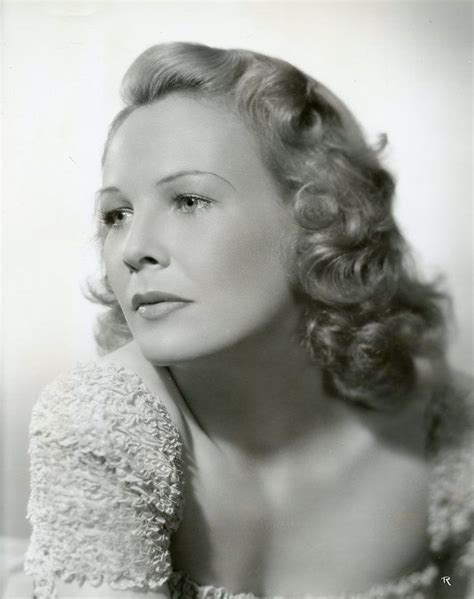A Quote by Win Butler
There's the idea that you have to know how to solve the world's problems in order to feel that something is morally wrong. I'm always back and forth between optimism and depression about the situation.
Related Quotes
There are really two kinds of optimism. There's the complacent, Pollyanna optimism that says, 'Don't worry - everything will be just fine,' and that allows one to just lay back and do nothing about the problems around you. Then there's what we call dynamic optimism. That's an optimism based on action.
There are really two kinds of optimism. There's the complacent, Pollyanna optimism that says "don't worry - everything will be just fine" and that allows one to just lay back and do nothing about the problems around you. Then there's what we call dynamic optimism. That's an optimism based on action.
And I've come to the place where I believe that there's no way to solve these problems, these issues - there's nothing that we can do that will solve the problems that we have and keep the peace, unless we solve it through God, unless we solve it in being our highest self. And that's a pretty tall order.
I think I was always informally thinking about choice from when I was a very young child because I was born to Sikh immigrant parents, so I was constantly going back and forth between a Sikh household and an American outside world, so I was going back and forth between a very traditional Sikh home in which you had to follow the Five K's.
Solve it. Solve it quickly, solve it right or wrong. If you solve it wrong, it will come back and slap you in the face, and then you can solve it right. Lying dead in the water and doing nothing is a comfortable alternative because it is without risk, but it is an absolutely fatal way to manage a business.
When people come to you with problems or challenges, don't automatically solve them. As a mama bear, you want to take care of your cubs, so you tend to be protective and insulate them against all those things. But if you keep solving problems for your people, they don't learn how to actually solve problems for themselves, and it doesn't scale. Make sure that when people come in with challenges and problems, the first thing you're doing is actually putting it back to them and saying: "What do you think we should do about it? How do you think we should approach this?".



































